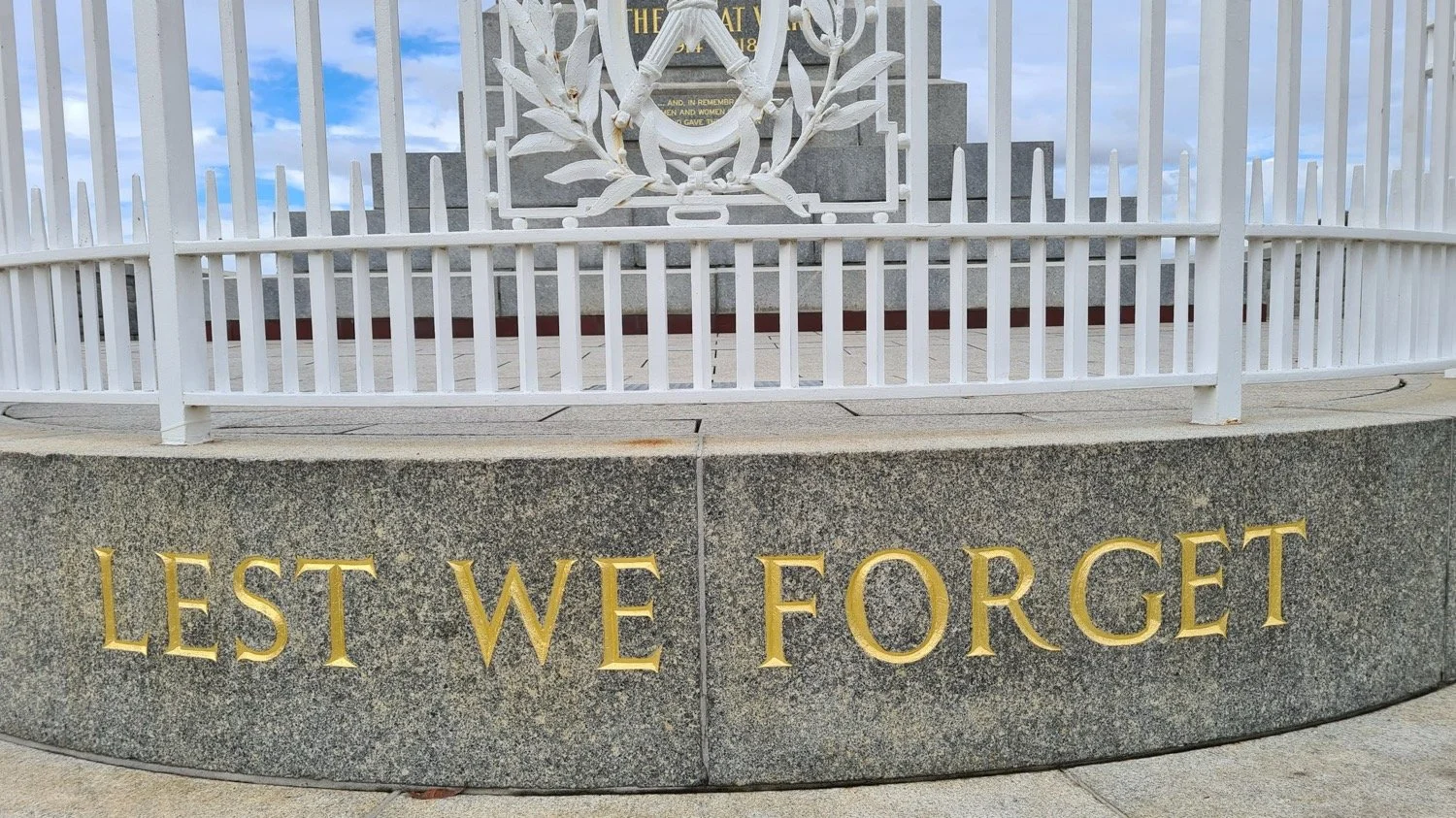Readings for today: 2 Chronicles 14-16, Romans 9:1-24, Psalms 19, Proverbs 20:1
Today’s reading begins a challenging section. Paul is asking deep questions about the promises and purposes of God. So much of which is shrouded in mystery. So much of which we will never know this side of heaven. Has the Word of God failed? Is God unjust? How can God fault those whom He has not chosen? These questions are important. It is vital to wrestle with them honestly and vulnerably. True faith welcomes such challenges and doesn’t settle for easy answers.
To begin, we must check our assumptions at the door. There are no standards of justice outside of God. God is not answerable to any human legal code nor does He subject Himself to human notions of universal fairness. God is the Potter. We are the clay. This fundamental principle undergirds everything Paul will say in these few chapters. The baseline for this discussion begins with God being God and human beings being human beings. The Creator is not the same as His creation. The creation is not the same as its Creator. There is a massive, ontological distinction between the two that must be maintained if we are to find our way through this quandary.
Secondly, because God is God, He has every right to exercise His sovereign choice over all He has made. He chose Abraham and Sarah out of all the families on the face of the earth. He chose Jacob over Esau before they were born. He chose Israel over Egypt. Moses over Pharaoh. The full witness of Scripture makes it clear that God freely chooses some vessels for honor and some for dishonor. Scripture makes clear that God endures with patience the “vessels of wrath prepared for destruction” so that He might “make known the riches of glory for His vessels of mercy.” Over and over again, we see this played out in the Old Testament. There is simply no other way to honestly interpret it.
Thirdly, what are we then to make of what’s happening with Israel? God’s elect? God’s chosen? “To them belong the adoption, the glory, the covenants, the giving of the law, the worship, and the promises. To them belong the patriarchs, and from their race, according to the flesh, is the Christ, who is God over all...” (Romans 9:4-5) Furthermore, what are we to make of the Gentiles? God’s non-elect? The pagans who’ve rejected God all their lives? Though they have not pursued righteousness somehow they attained it by faith! Does this mean God’s elect have been rejected? By no means! “For not all who are descended from Israel belong to Israel, and not all are children of Abraham because they are his offspring...” (Romans 9:6-7) Ethnicity no longer matters! What matters is faith and God has maintained a remnant - of which the Apostle Paul is one - who have been saved by grace.
Fourthly, God isn’t done! God’s plan for Israel is not yet complete! So the Gentiles who have been grafted into God’s family should not become prideful or take God’s grace for granted. “Remember it is not you who supports the root but the root that supports you.” (Romans 11:18) Instead, they should wait and pray for the day when the partial hardening on Israel is softened because the full number of Gentiles have finally come in and God saves all of Israel.
How will that happen? Paul has no idea. He simply knows God is faithful. He will never abandon His people. His love is steadfast, loyal, and true. So at the end of all this deep wrestling there can only be an exclamation of praise. God is God. We are not. Thanks be to God! Or as Paul puts it, “Oh, the depth of the riches and wisdom and knowledge of God! How unsearchable are his judgments and how inscrutable his ways!” (Romans 11:33)
Readings for tomorrow: 2 Chronicles 17-18, Romans 9:25-10:13, Psalms 20, Proverbs 20:2-3




